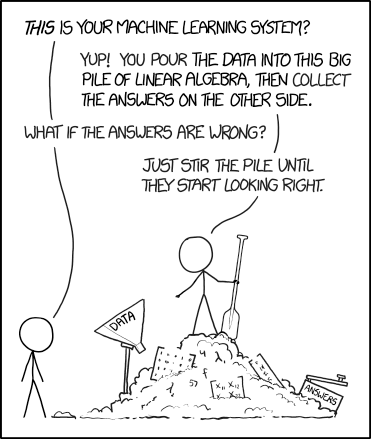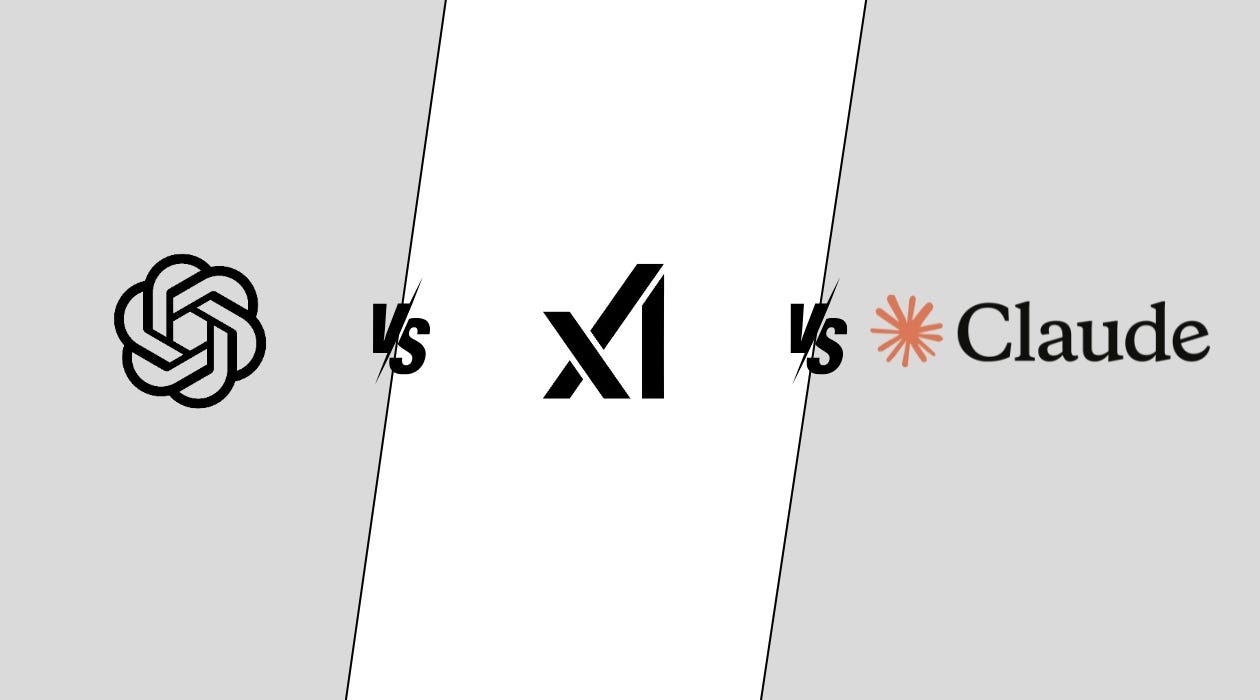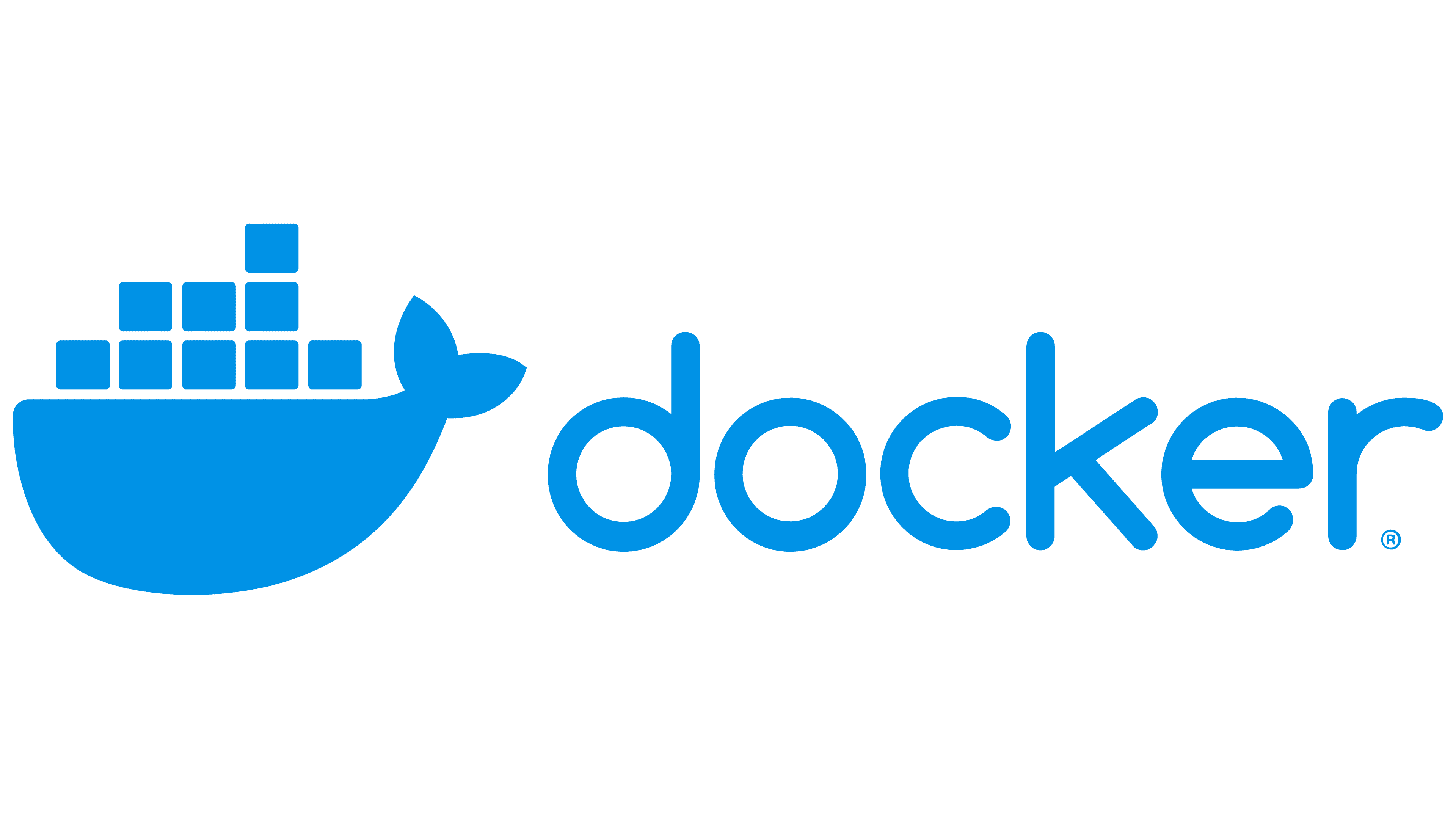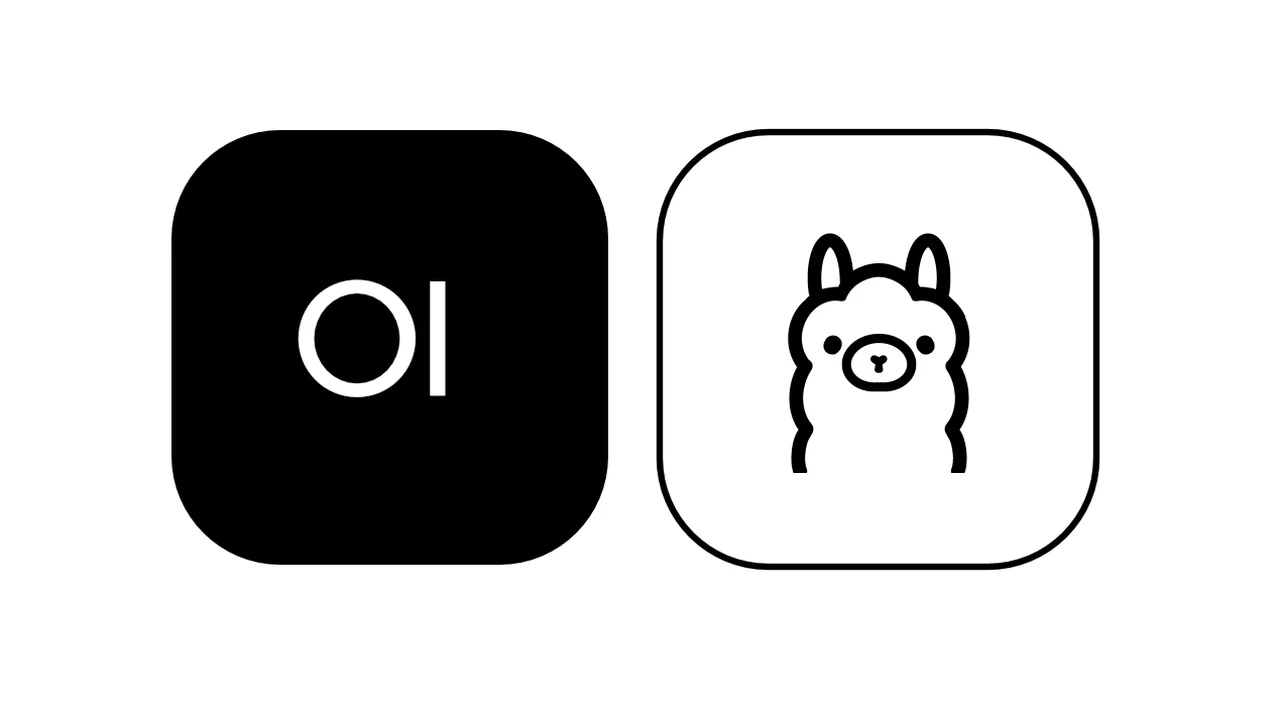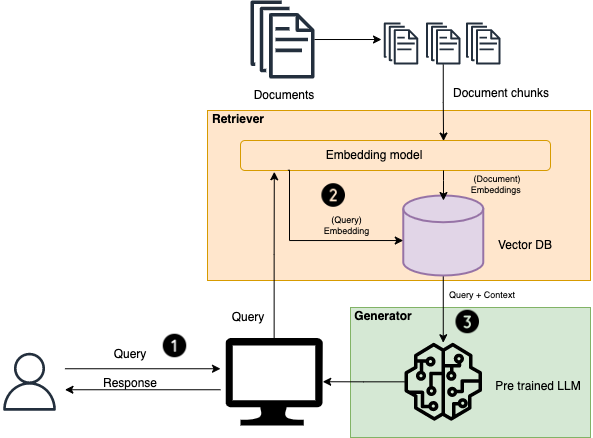My Journey with AI Development
Artificial Intelligence has revolutionized the way I approach software development. At the outset, I'll admit I was skeptical, viewing it as just another temporary fad. What began as mere curiosity has now become an integral part of my daily routine. In this post, I'll share my experiences building and experimenting with AI tools, from my humble beginnings to how it's shaping my life today.
My foray into AI-assisted development started with doubt about its real-world utility. It all kicked off when I was parsing a lengthy log file, trying to extract specific key-value pairs. I knew tools like grep and awk were in my toolkit, but I was rusty on the syntax and struggling with the right regex pattern. That's when a colleague stepped in, typing his query into his terminal. I watched in a mix of astonishment, excitement, and reluctance: astonished by the human-like responses, excited by the ready-to-test code snippets, and reluctant because I couldn't fathom how it "knew" so much. The output wasn't a perfect solution, but it gave me the momentum I needed to refine and solve the problem myself. When I asked how he pulled it off, he introduced me to Ollama, running it seamlessly in a Docker container. As a terminal enthusiast, I was ecstatic—it felt like unlocking a new level of efficiency.
Fast-forward to today, and I've taken things further by setting up OpenWebUI and LiteLLM in my own Docker environment. This setup allows me to leverage multiple AI APIs effortlessly, integrating tools from providers like OpenAI, Hugging Face, and others into a unified workflow. It's transformed how I handle daily tasks—for instance, I now use AI to automate code reviews, generate documentation, or even brainstorm ideas for family projects. By streamlining these processes, I've freed up time for more meaningful pursuits, like bonding with my kids or diving deeper into learning.
This evolution has highlighted AI's strengths in boosting productivity, but it's also made me acutely aware of its shortcomings. AI models can hallucinate inaccurate results or struggle with nuanced contexts, so I always cross-verify outputs. As AI continues to advance—improving in areas like natural language understanding and ethical decision-making—I'm excited about its potential, yet cautious about over-reliance. It's a reminder that while AI is a powerful collaborator, it's not a replacement for human ingenuity.
Overall, incorporating AI into my routine has not only optimized my development workflow but also reshaped how I learn and adapt. If you're an engineer on the fence, I'd encourage you to experiment—start small, like with a Dockerized setup, and watch how it evolves your perspective. AI isn't perfect, but its rapid growth makes it an essential tool in our ever-changing tech landscape.
